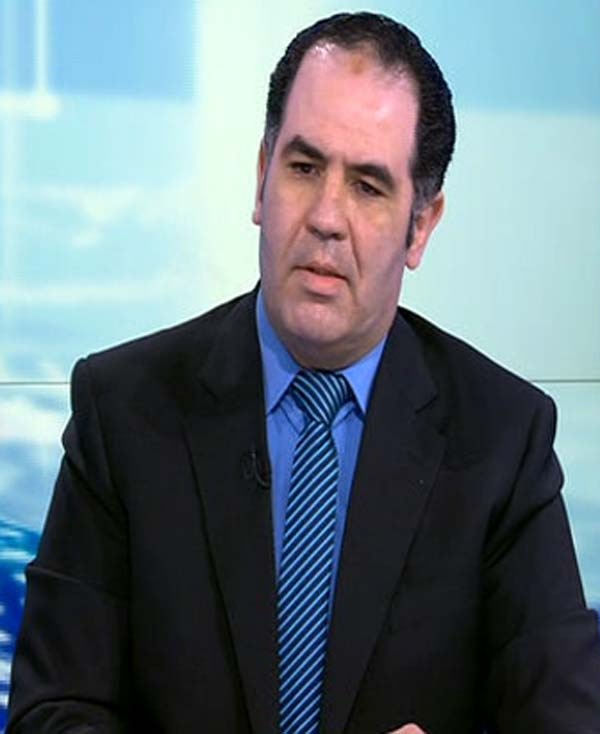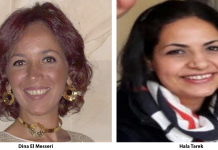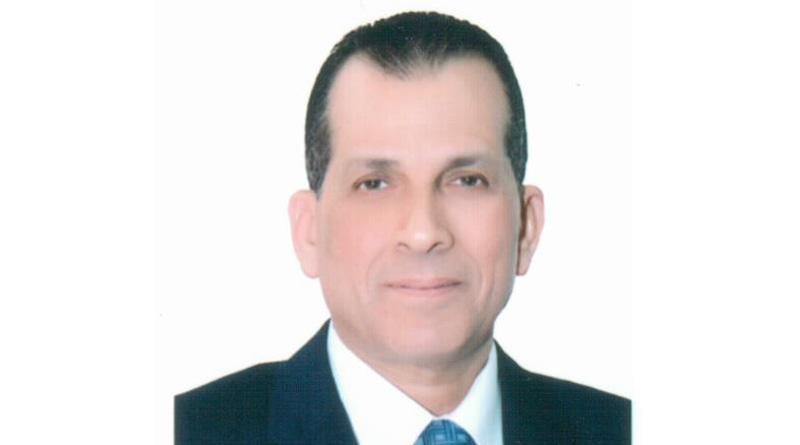Ihab Saeed Managing Director of Osool Brokerage Company in an interview with Middle East Observer
Establishing partnership when inaugurating any new
branch is a new trend we adopt to increase investments
Our expansion plans depend on the market condition
Osool controls a big portion of trading in Cairo, Alexandria and Hurghada
By Mahmoud Hammad
Osool ESB Securities Brokerage is a public company, listed on Egyptian Exchange (EGX) since December 1997. It operates within the diversified Financials sector focusing on Investment Banking and Brokerage. It has 3 subsidiaries operating across Egypt, working on Specialized Finance.
In an exclusive interview with the Middle East Observer Ihab Saeed, Managing Director of Osool Brokerage Company, talks about Osool new investment trends and its impact over the Egyptian stock market.
How did Osool deal with the crises that swept over the stock market?
I believe it is our big capital that helped us survive the crises. We did turn to cutting expenses, layoffs, lowering salaries or closing branches. We did shut down one of the branches, but not because of expenses, it was due to a problem in the contract. We have inaugurated 2 new branches in Mansoura and Mynia last year. Moreover, the crises were temporary, we have managed to overcome then, and the losses we incurred were in fact due to the decline in trading volume and value in the stock.
Does Osool have any new investment trends?
Actually, it has, i.e., establishing partnership when inaugurating any new branch. What happens is that we make a deal with another party to set-up the branch according to our determined standards, and we run it. So far, all the partnerships were concluded with individuals. It could be built with corporations, if we found that they conform to our standards and specifications.
Do you plan to expand your business any time soon?
Yes, we intend to carry out expansions in the near future, but this depends on the market conditions. We have not yet designed a complete clear vision of the money market. In addition, Osool expands through opening up new branches, and not by taking over other companies.
How many branches does Osool have?
Besides the head office, we have 10 branches in Cairo, Tanta, Alexandria, Mynia, Mansoura, and Cairo in Dokki, Sheraton, Shoubra and Heliopolis.
Are Cairo branches more critical for the business than those located in other remote cities?
Yes, they are, because the market at these cities is dominated by the companies that have been operating there for quite some time. Osool, for instance, controls a big portion of trading in Cairo, Alexandria and Hurghada, because it is one of the oldest companies working there.
When will the impact of pound devaluation decision show on the companies’ business results?
It is expected to happen during the third quarter of the year for the companies that operate nationally or those that rely on exports.
What do you think of the stock market’s performance during the 2016 second quarter?
The gap between dollar exchange values in official and parallel markets harmed foreign investors’ dealings. Consequently, the stock market’s performance during the second quarter won’t be as strong as it was at the first one.
What about the performance of indices?
The benchmark index EGX30 and the index of small and medium stock EGX70 both hit high levels during the second quarter, reaching 7993 points and 383 points respectively. In case the gap between the official and parallel dollar exchange values persisted, EGX30 will bounce downwards reaching 7400-7450 points.
Why do experts regard this decision as a “catastrophe”?
Because they think it results into a surge in prices, which is not true. The soaring prices are actually the outcome of high dollar exchange values in black markets. The Central Bank of Egypt cannot cover all needs and import contracts of traders and importers, that’s why prices hiked, even before the latest decision to devalue the Egyptian pound.
Moreover, the state is the one that incurs the biggest losses caused by the black market, because it has to cover the gap between the 2 markets which creates more burdens. For instance, the recent decision to increase supply provisions places even more load on the country and public budget.
Which sectors mostly benefited from the pound devaluation decision?
I would say, the real-estate, banks, and financial services, led by EFG Hermes and Pioneers Holding’s stocks.
How do you think we can achieve an economic boom?
Tough decisions must be taken, because foreign currency resources are not likely to recover, as long as the public debt exceeds GDP, and doubts that Egypt can pay its debts are persisting. Add to this the negative outlook held by credit rating agencies toward Egypt.
Resolving this crisis requires recovery of foreign currency resources, and pound devaluation to boost exports and curb imports. In fact, the decision to devalue the pound increases competitiveness of national products and services against other international ones. Tourism and investments, for example, are revitalizing because of that decision, since investors need a unified dollar value and available land parcels.















